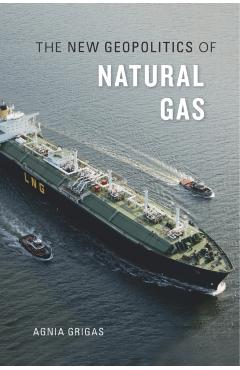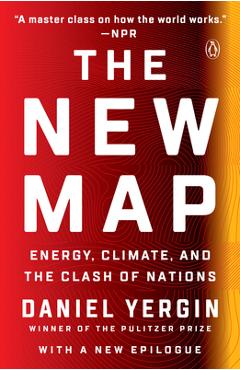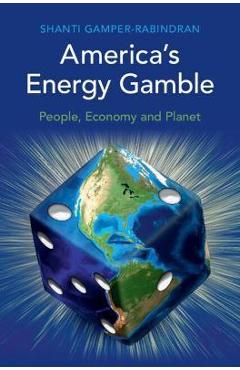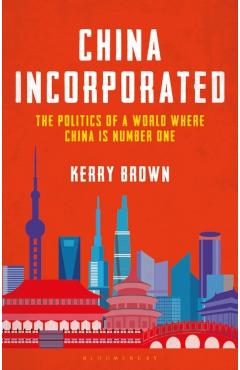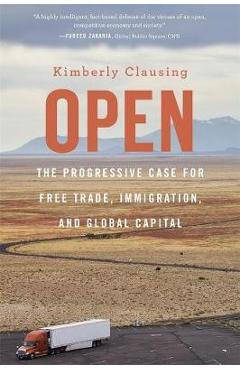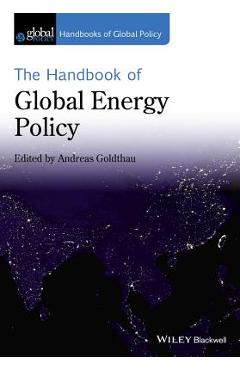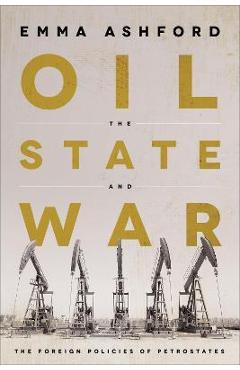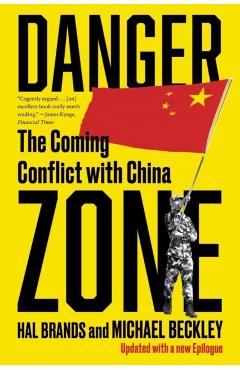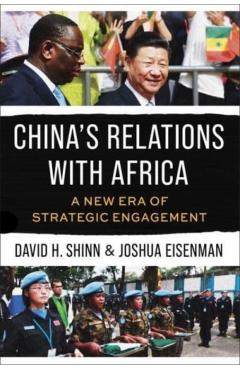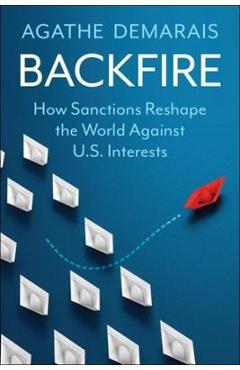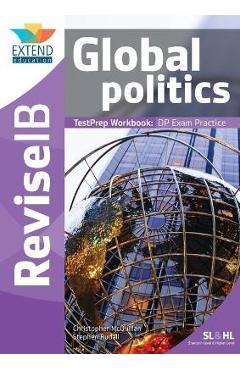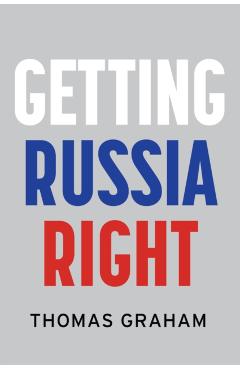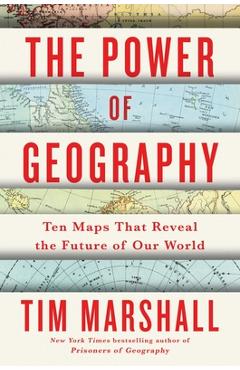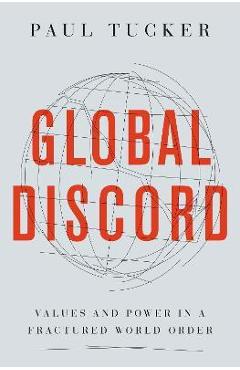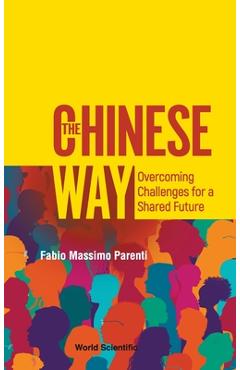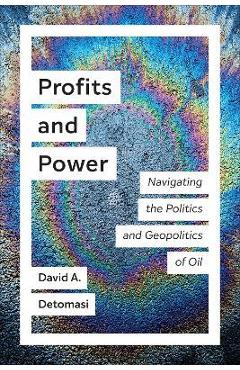Energy Politics [With Bookmark]
![Energy Politics [With Bookmark] - Brenda Shaffer](https://cdn4.libris.ro/img/pozeprod/32277/32276181-1.jpg)
Energy Politics [With Bookmark]
It is not uncommon to hear states and their leaders criticized for mixing oil and politics. The U.S.-led Iraq War was criticized as a war for oil. When energy exporters overtly use energy as a tool to promote their foreign policy goals, Europe and the United States regularly decry the use of energy as a weapon rather than accept it as a standard and legitimate tool of diplomacy.
In Energy Politics, Brenda Shaffer argues that energy and politics are intrinsically linked. Modern life--from production of goods, to means of travel and entertainment, to methods of waging war--is heavily dependent on access to energy. A country's ability to acquire and use energy supplies crucially determines the state of its economy, its national security, and the quality and sustainability of its environment. Energy supply can serve as a basis for regional cooperation, but at the same time can serve as a source of conflict among energy seekers and between producers and consumers. Shaffer provides a broad introduction to the ways in which energy affects domestic and regional political developments and foreign policy. While previous scholarship has focused primarily on the politics surrounding oil, Shaffer broadens her scope to include the increasingly important role of natural gas and alternative energy sources as well as emerging concerns such as climate change, the global energy divide, and the coordinated international policy-making required to combat them. Energy Politics concludes with examinations of how politics and energy interact in six of the world's largest producers and consumers of energy: Russia, Europe, the United States, China, Iran, and Saudi Arabia.PRP: 232.11 Lei
Acesta este Pretul Recomandat de Producator. Pretul de vanzare al produsului este afisat mai jos.
197.29Lei
197.29Lei
232.11 LeiIndisponibil
Descrierea produsului
It is not uncommon to hear states and their leaders criticized for mixing oil and politics. The U.S.-led Iraq War was criticized as a war for oil. When energy exporters overtly use energy as a tool to promote their foreign policy goals, Europe and the United States regularly decry the use of energy as a weapon rather than accept it as a standard and legitimate tool of diplomacy.
In Energy Politics, Brenda Shaffer argues that energy and politics are intrinsically linked. Modern life--from production of goods, to means of travel and entertainment, to methods of waging war--is heavily dependent on access to energy. A country's ability to acquire and use energy supplies crucially determines the state of its economy, its national security, and the quality and sustainability of its environment. Energy supply can serve as a basis for regional cooperation, but at the same time can serve as a source of conflict among energy seekers and between producers and consumers. Shaffer provides a broad introduction to the ways in which energy affects domestic and regional political developments and foreign policy. While previous scholarship has focused primarily on the politics surrounding oil, Shaffer broadens her scope to include the increasingly important role of natural gas and alternative energy sources as well as emerging concerns such as climate change, the global energy divide, and the coordinated international policy-making required to combat them. Energy Politics concludes with examinations of how politics and energy interact in six of the world's largest producers and consumers of energy: Russia, Europe, the United States, China, Iran, and Saudi Arabia.Detaliile produsului









